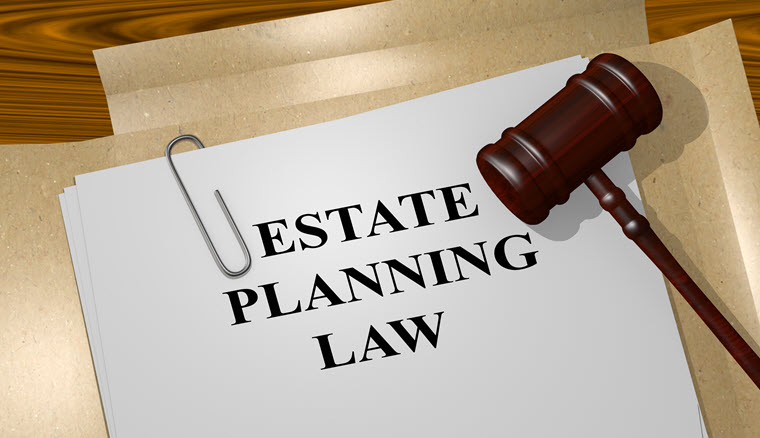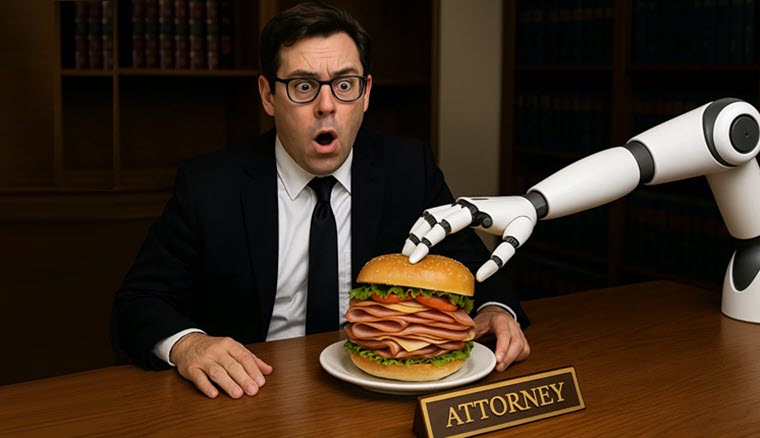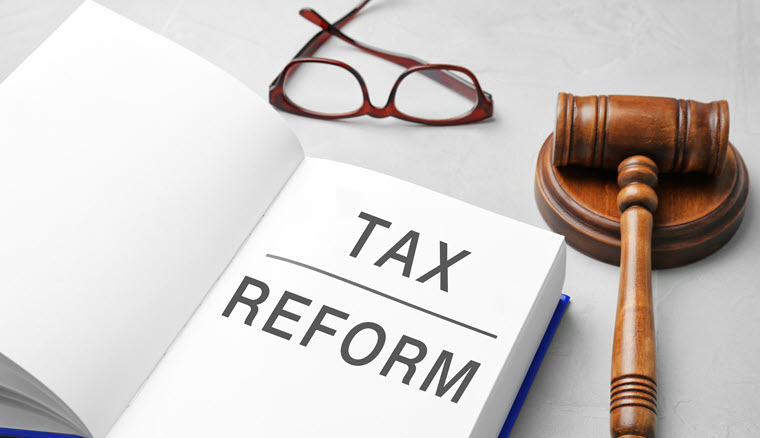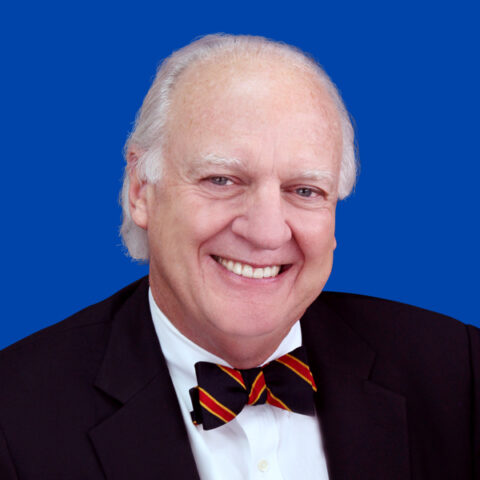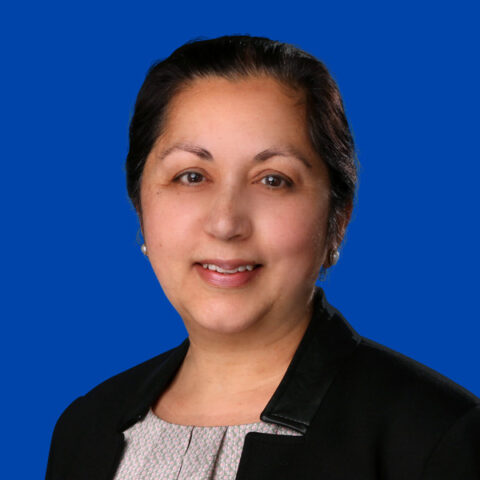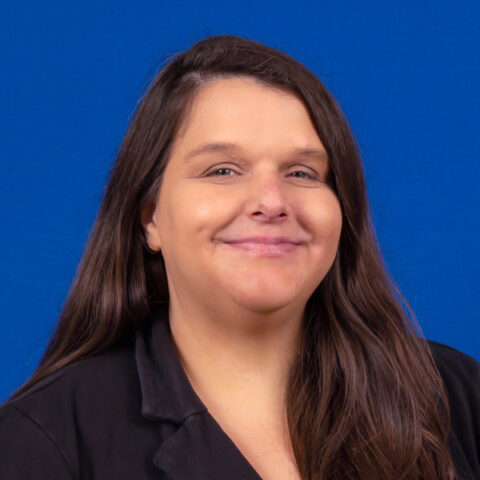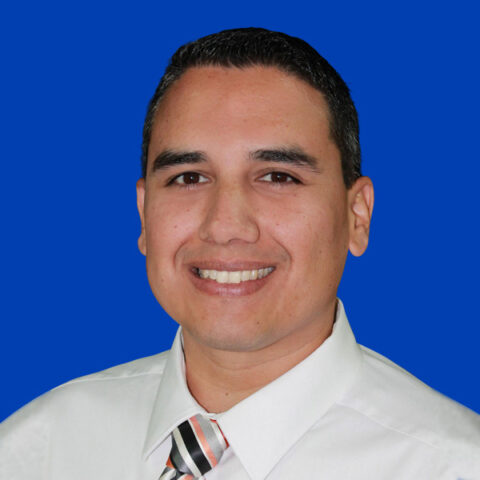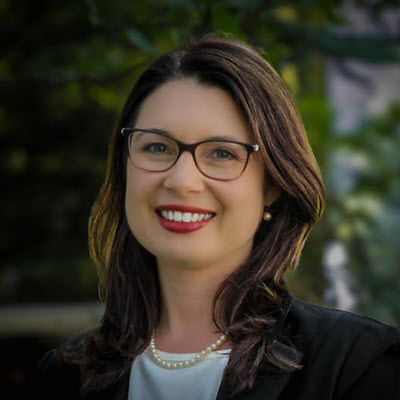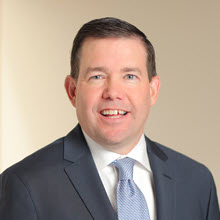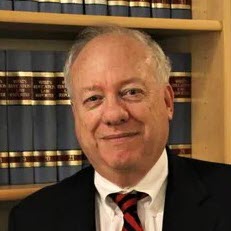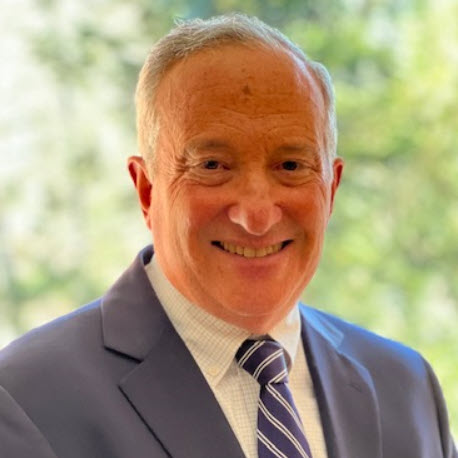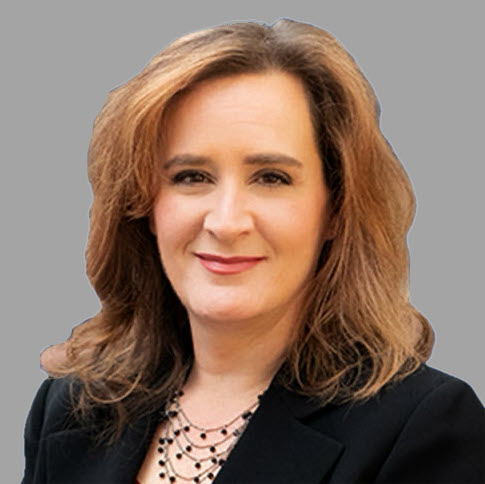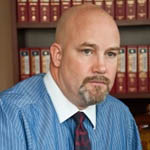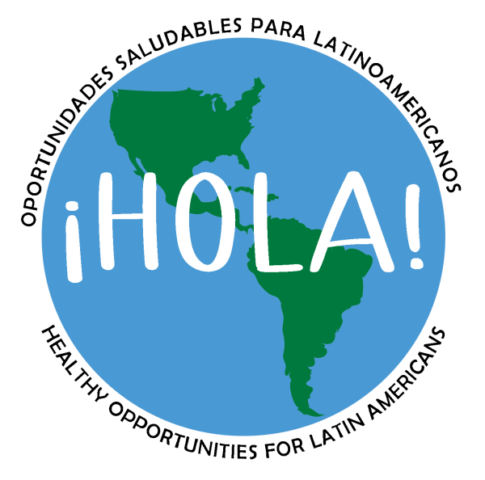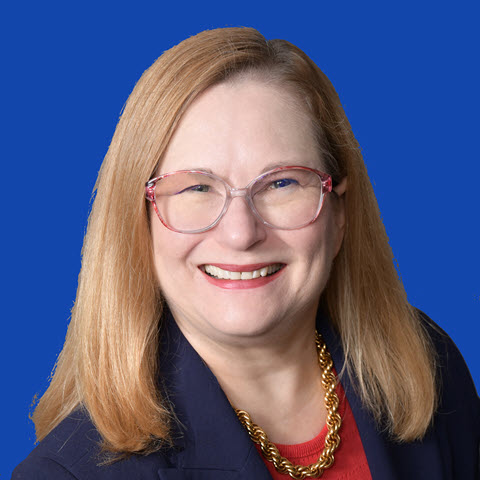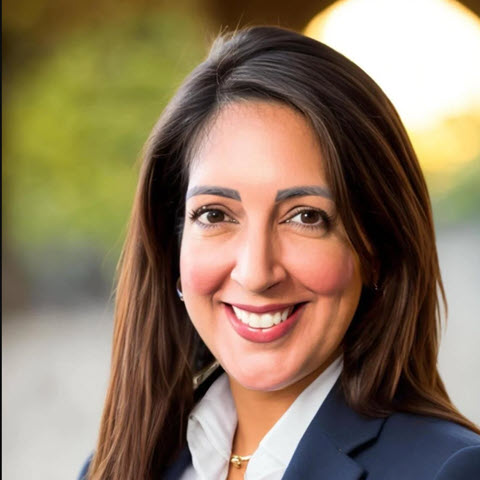“Over my career, I have found that some people view estate planning as one of the easier areas of law to practice. Attorneys who work in this area know the reality, however – estate planning is not easy. “
Clients Think Estate Planning is Easy
I practiced for 17 years doing estate plans for all levels of wealth, helping clients with their personal estate planning goals as well as tax planning. Those of you who are estate planners will understand that the most complicated client situations often had nothing to do with high-level wealth transfer and estate tax planning. Many clients had a unique family situation, or maybe relatively common but unique enough that a standard run-of-the-mill estate planning document would not produce the desired result. But regardless of the client’s situation, they tend to think that estate planning is easy. After all, a client could in theory prepare their own estate plan with documents or apps found online, so it must be easy – and having it done by an attorney should be of a comparable cost, so just a few hundred dollars, right? The problem, of course, is that many clients need more than what can be found in an online form or app.
Other Attorneys Think Estate Planning is Easy
It’s not only clients who see estate planning as easy. I find other attorneys fall into that category as well, seeing estate planning as an area of the law that they could add to their existing practice without too much trouble or ramp-up time. These attorneys might not understand the point above – that many clients need more than something basic, even if taxes are not a concern. And they also might not understand other reasons why estate planning is not easy.
Why Estate Planning is Far From Easy
One major reason that estate planning is not easy is because it is an area of law that encompasses many other areas of the law. Estate planners have to know probate and trust law, of course, but they have to know other areas of the law as well – enough to properly advise their clients:
- Estate planning involves transferring property – either during lifetime or at death – so estate planners need to know state laws about property ownership and transfer
- Estate planners deal with married clients, so they need to know marital property law (family law)
- Clients have minor and special needs children, so estate planners need to know guardianship law
- Clients own all kinds of assets, so estate planners need to know enough about laws that apply to various assets to spot important issues: laws about business entities (corporations, partnerships, and LLCs), real estate law, laws about other specific assets like royalty interests, oil and gas, firearms, etc.
- Taxes might be important for some clients, so estate planners need to understand estate tax, gift tax, income tax, and charitable planning
Even if the estate planner doesn’t have full knowledge in every area above, he or she needs to know where to find answers to questions that arise, and much of this knowledge comes through practicing, learning as we go, learning from other lawyers.
A second major reason that estate planning is not easy is because we are working with clients about personal issues – things very important to them. The difficulty here is that clients are people and people have feelings and emotions about their family and their property. The best tax result may not be the best overall result for the client, but the client is the one who has to make that decision. Estate planners sometimes must strongly lean into the portion of our role as counselors, where things aren’t as simple as checking a box on a form.
Learning to be an Estate Planner
I myself ended up as an estate planner for two separate reasons. I initially figured I would be a litigation attorney or maybe I would go into corporate law. Those seemed like the big-ticket practice areas, and that’s where I wanted to be. But as a summer clerk rotating through the wills and trusts department of a large law firm in Houston, I found my niche. I liked the idea of helping people with something that was very personal and important to them – and in most cases was not adversarial and not about closing the next deal. And (to my surprise) I also liked the challenge of the tax laws that sometimes had to be considered. Those two prongs form the basis of what I see as the estate planner’s job – we work with clients on how their property is owned, now and in the future, and how they are taxed. For me, learning how to do the work of an estate planning attorney came from working with and learning from other attorneys.
Working for the past 18 years at InterActive Legal has given me a different perspective, because I work with attorneys all over the country who have questions – generally about using our program to draft documents. Those questions can have simple answers, such as “check these boxes to get this result,” but the simple answer is backed up by different legal principles, and the “why” behind the answer is much more complicated – often rooted in state property law, state or federal tax law, or other specific laws about specific issues.
We introduce many of these issues in InterActive Legal Academy’s Estate Planning Basics course, which starts up again on April 1st. We cover the basics of estate planning, of course, but also touch on other areas of the law that factor into estate planning, in order to help new planners see the big picture. Join us if you are new to estate planning to learn why it’s not easy, but it is rewarding to help clients with issues very personal to them.
NOTE:
It’s not too late! Even if you missed the Kickoff session or Session 1, you can still register, and watch the recordings to catch up.
If you have questions about InterActive Legal Academy, please let us know at [email protected].
Meet the Author

Teresa Bush joined InterActive Legal in 2007 and serves as Director of Education and Content Support Services.
Ms. Bush has been licensed to practice law since 1991, and focused her practice exclusively on issues of estate and gift tax planning, probate, charitable planning, and estate and trust administration. She began her practice in a small law firm, planning for clients of all levels of wealth. Thereafter, she practiced for a number of years in the Tax Section of Kelly, Hart and Hallman, P.C. in Fort Worth, Texas, and as an estate and gift tax consultant for the Dallas office of Ernst & Young, in both cases focusing on planning for very high net worth clients.
Ms. Bush received her J.D. from the University of Texas School of Law, where she was a research assistant for Professor Stanley M. Johanson. She studied at Edinburgh University and the London School of Economics prior to obtaining a B.A. in Economics and Political Science from Rice University in Houston. While studying abroad, she worked as an intern for a Member of Parliament in the British House of Commons.
Ms. Bush taught legal research and writing as a Teaching Quizmaster in law school, and later taught estate planning extension courses for American College of Financial Services CLU candidates. She has presented several online webinars on estate planning and drafting topics, and is the author or co-author of a variety of estate planning articles.
